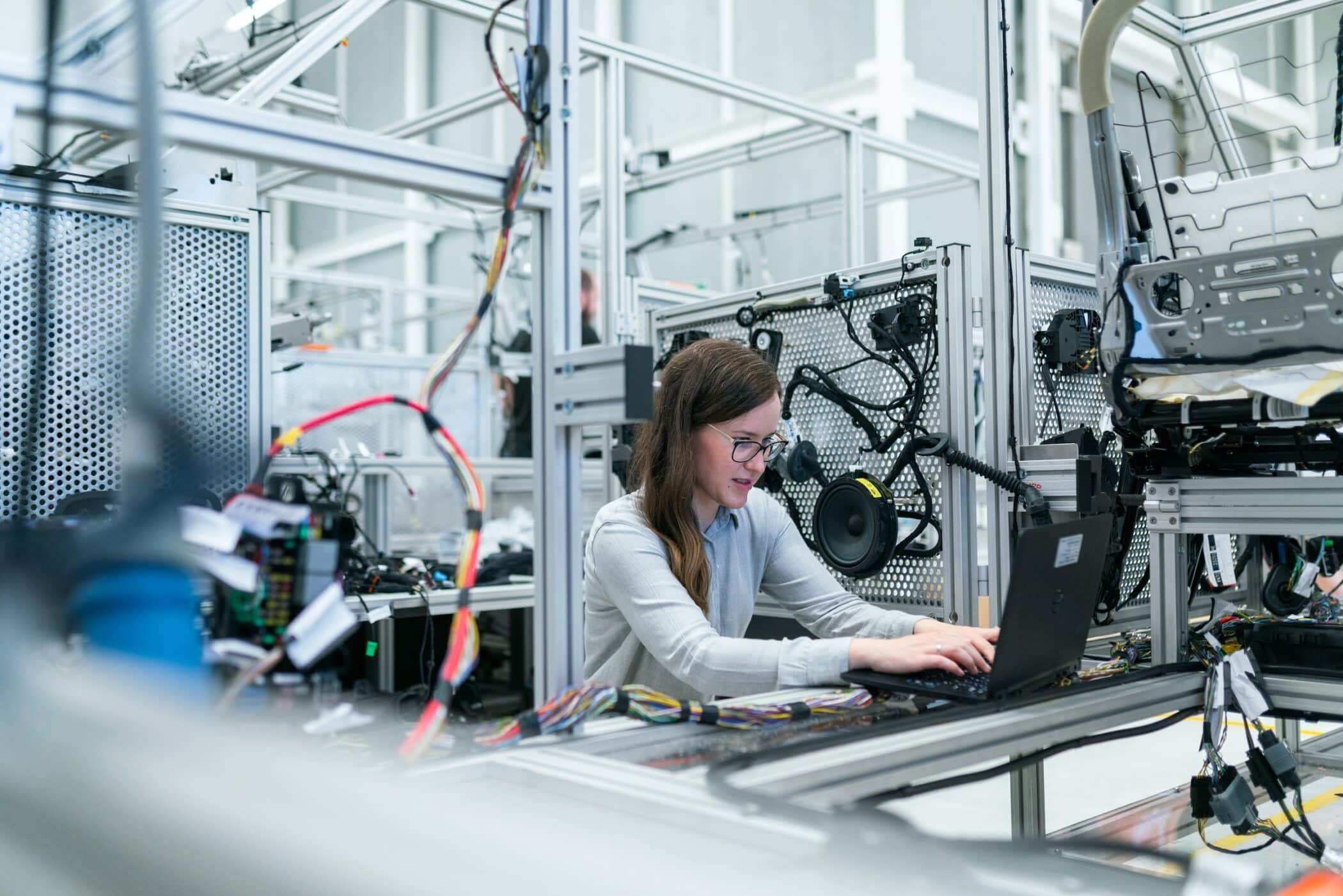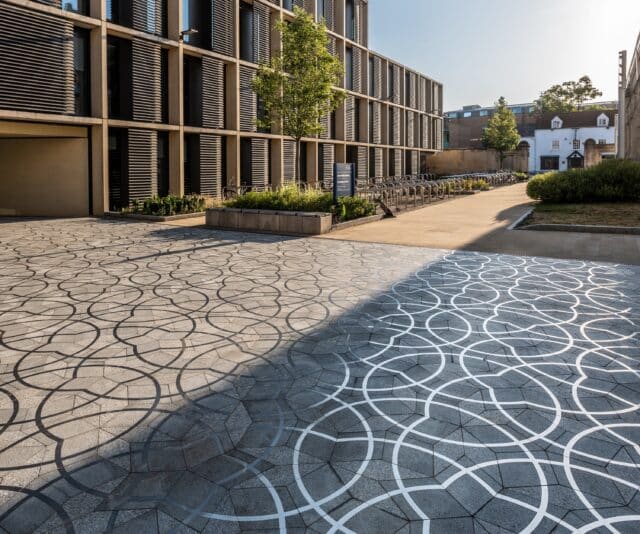Course overview
MEng Engineering Science
Typical intake: 7
Engineering Science encompasses a vast range of subjects, from microelectronics to offshore oil platforms. The course involves the application of creative reasoning, science, mathematics (and, of course, experience and common sense) to real problems.
All of the courses are of four years’ duration and have a common first year consisting of three quarters Engineering Science (Mechanics, Thermo-fluids, Digital Logic, Materials, Elasticity and Electricity), and one quarter Mathematics. The course for the final examination starts in the second year, during which undergraduates continue the study of basic, general engineering science. In the third year, all undergraduates start specialist subjects (in Engineering Science this means a particular branch of engineering), and project work in a design team. Specialist studies are continued in the fourth year, together with the individual project work.
Typically, Engineers have two tutorials each week. During the first three years, tuition and classes are provided by the College tutors. Worcester has two tutors in Engineering Science; Professor Papachristodoulou and Professor Mostert.
Tutors

Edward and Catherine Wray Fellow & Tutor in Engineering
Professor Wouter Mostert
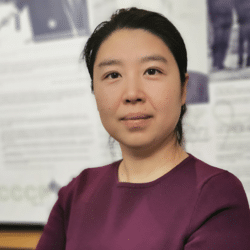
College Lecturer in Engineering
Dr Huiqi Yvonne Lu
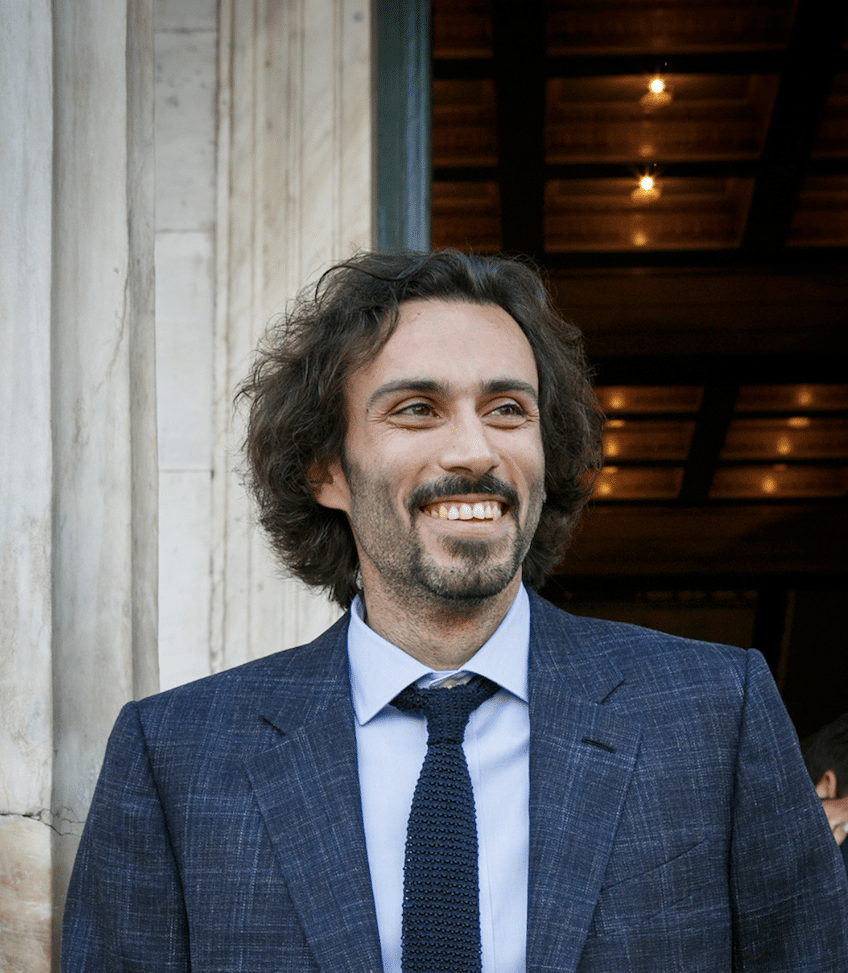
College Lecturer in Engineering
Professor Kostas Margellos

College Lecturer in Engineering
Luke Rickard
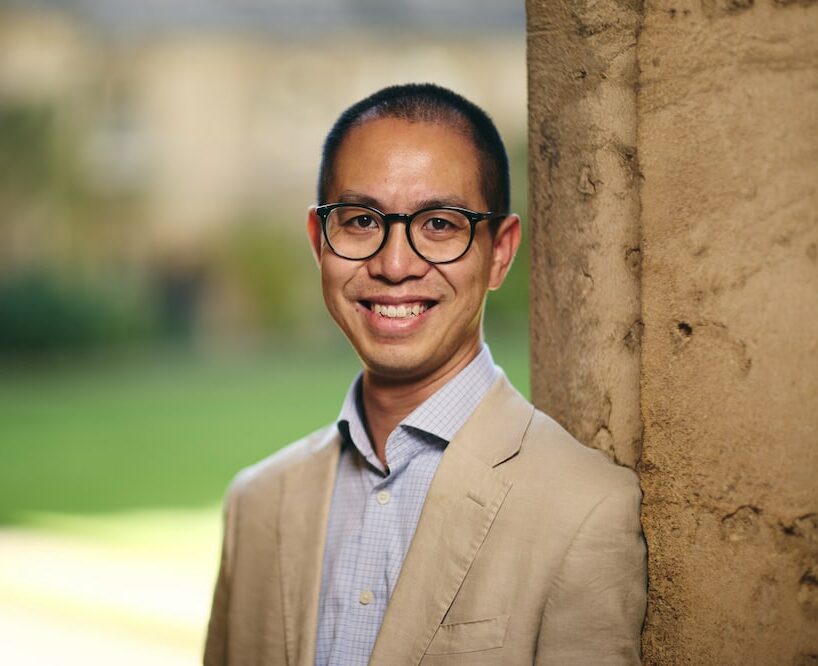
College Lecturer in Engineering
Dr Brian Tang

College Lecturer in Engineering
Sophie Taylor
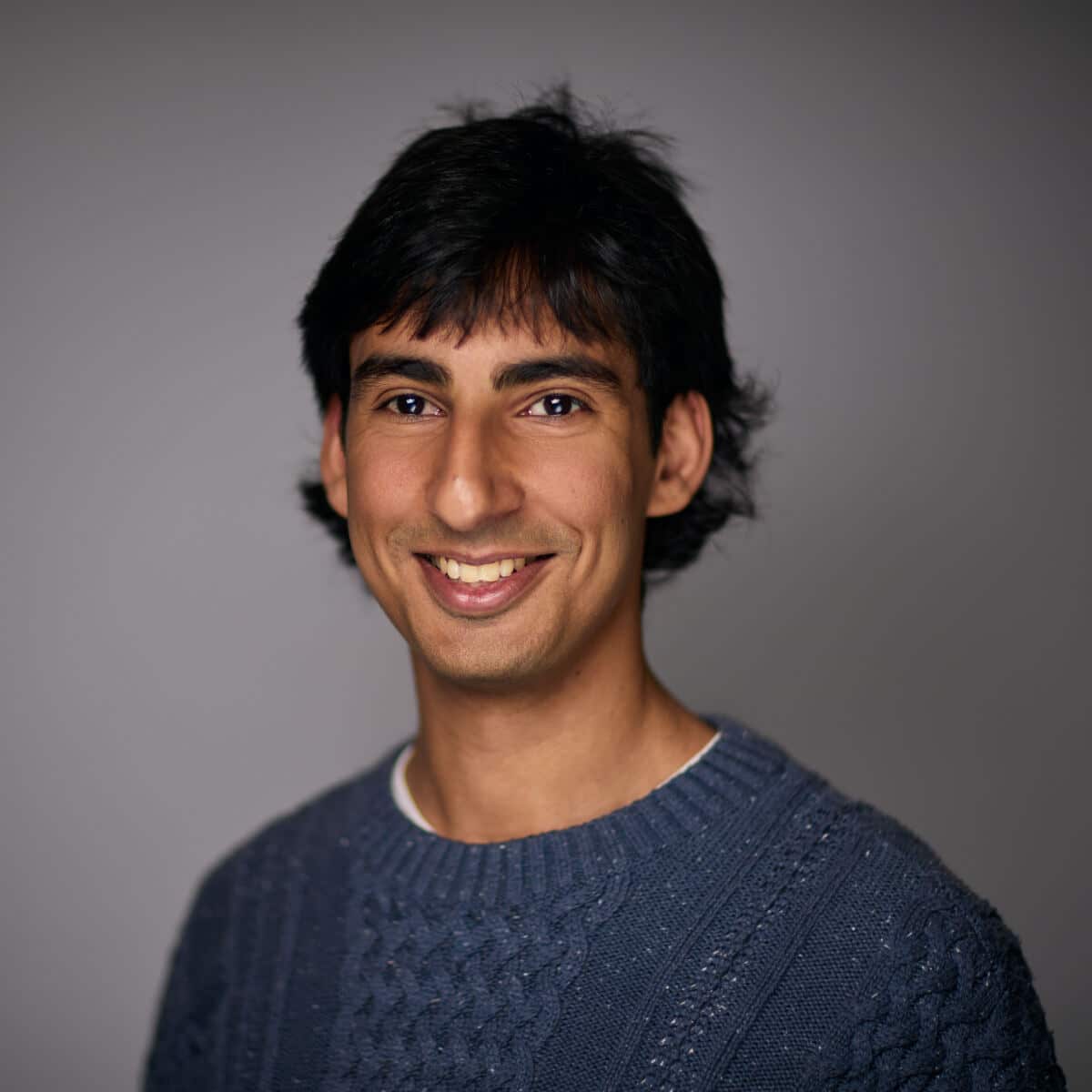
College Lecturer in Engineering
Ishaan Vadgama
Applying
At present the College admits up to 7 undergraduates each year to read Engineering Science. Candidates should be competent and confident in mathematics and the analysis of physical problems and are required to have Physics and Maths to A-level (or equivalent). Further Maths at A-level (or equivalent) is not required for admission however the first year of the course has proved reasonably challenging for some single-subject mathematicians.
Read more on the university website Department of Engineering Science









